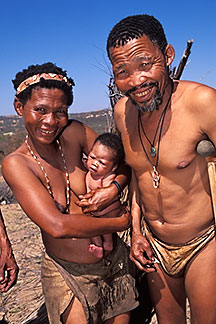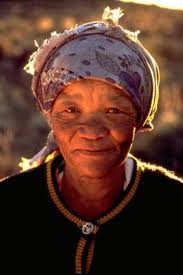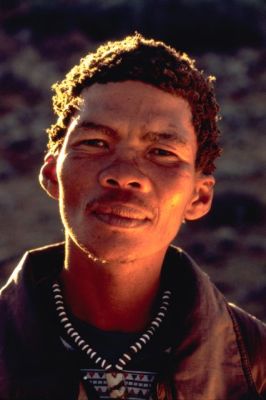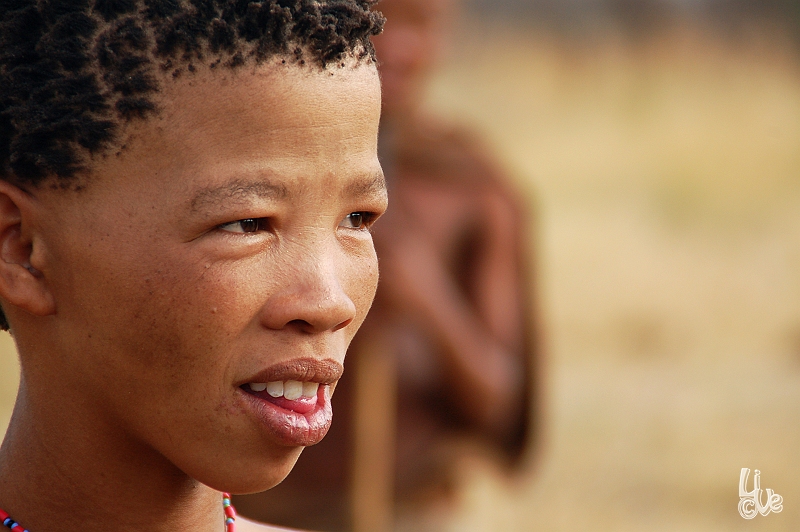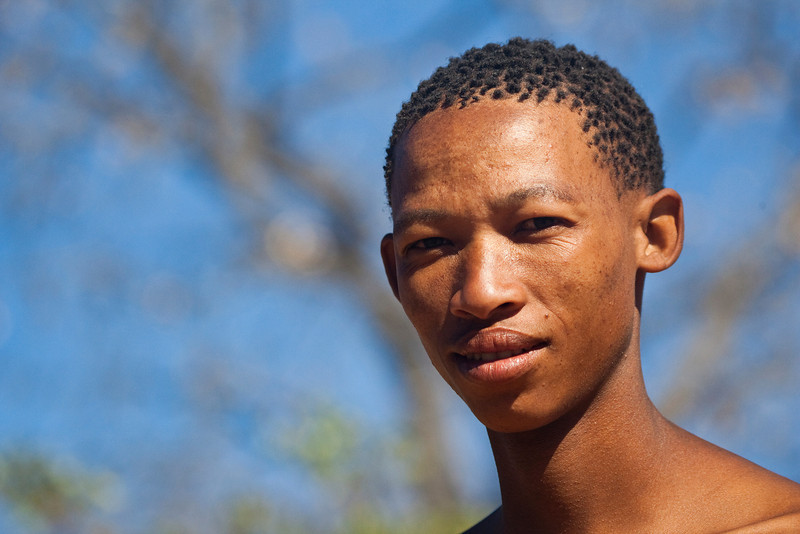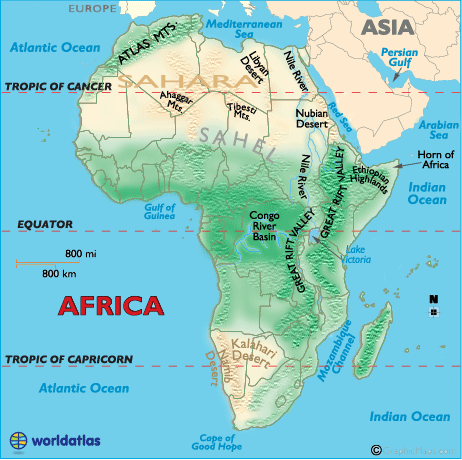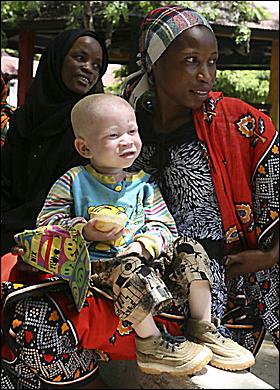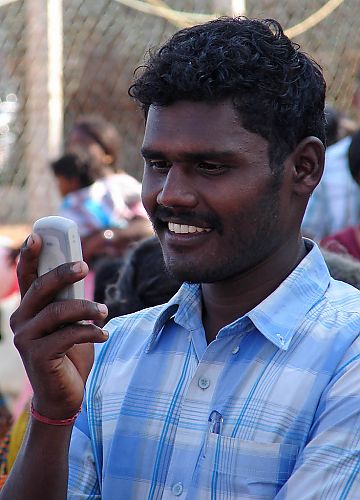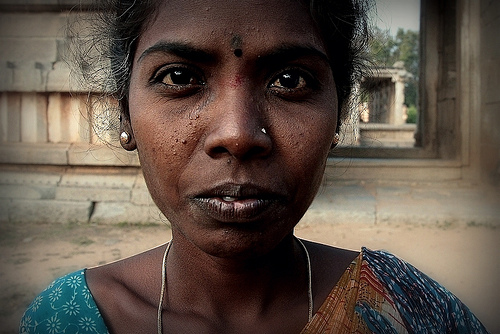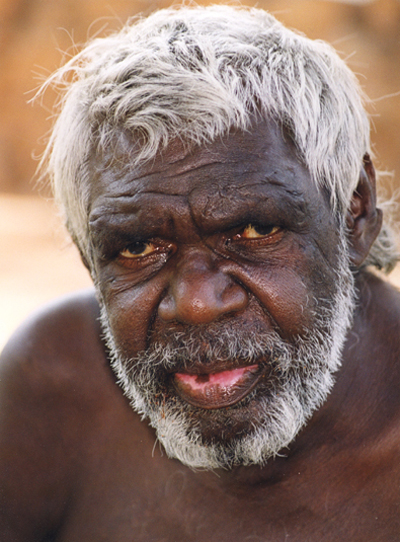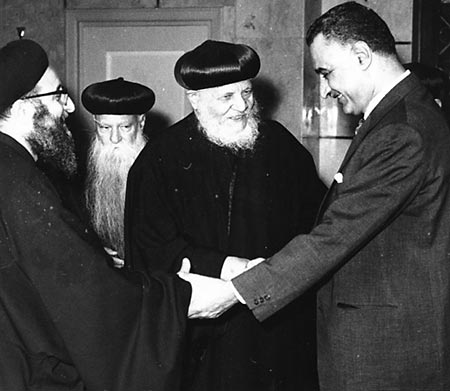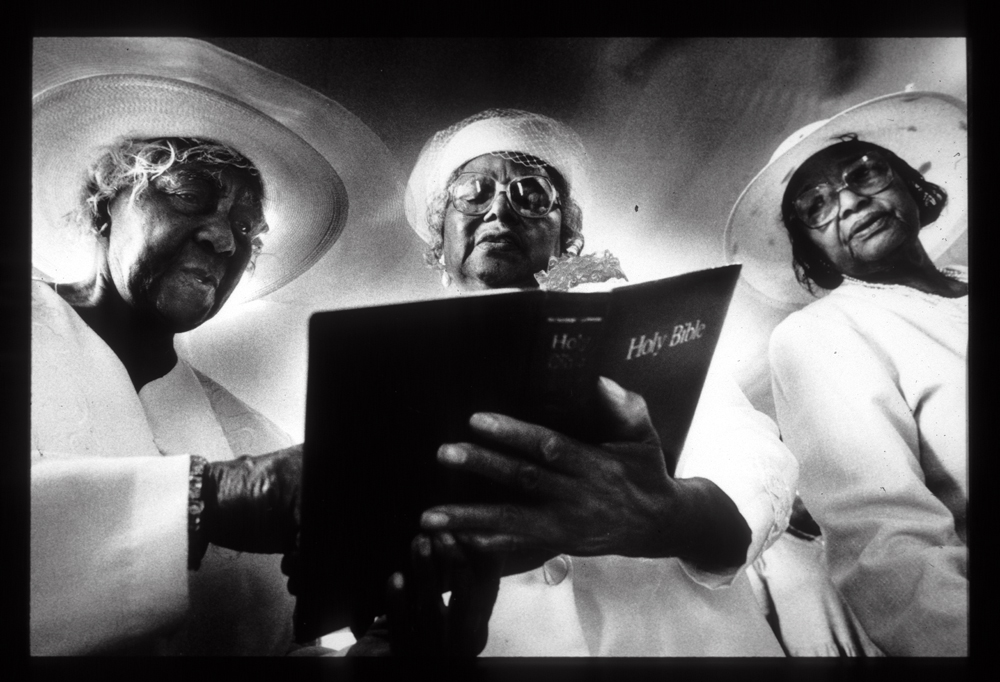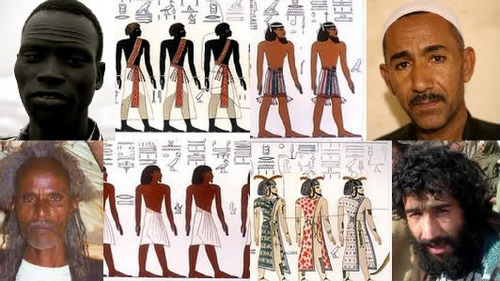Science has proven conclusively that the human race originated in Africa. However, the ancient kings of Egypt were black as shown in extant art works from that era. .
There are differing types of Egyptians and that's something MANY in Egypt have noted for some time when it comes to the differing shades - as well as the differing skin variations in Africa in general. There are a lot of stereotypes others can have when it comes to the term "black" - and sadly, a lot of ignorance on what actually has occurred in Egypt historically.
Did the Egyptians UNIVERSALLY have features we'd deem to be Negroid traits? Not really. However, scien
tifically and culturally, it is the case that the Egyptians were a
part-Black people and that there were many cases of having Negroid features present (far from a minority). That much is for certain -
as it concerns the facts.
In antiquity, People were who they were, and black or white simply did not exist as differentiators. ...although acknowledging it was not a problem as much as in our times. In ancient times color was not something that was the sole factor in determining opportunities as it was in later times. One solid history book on the issue that may be of blessing to you on the subject is entitled
Before Color Prejudice: The Ancient View of Blacks

As said before, I've been amazed at how many Egyptians have had to correct others when it comes to people thinking to be Egyptian is light-skinned and yet they've either NEVER been to Egypt or had Egyptian friends. For many Egyptian communities, as I was told by light-skinned Egyptians in the Coptic Orthodox Church community I was blessed to interact with when they shared their stories of loved ones harmed (and later verifying in the reports ), it's a big point of bitterness when someone says something as limited as "Well, you dark skinned Egyptians simply were from others who moved in Egypt" (without any historical evidence) while saying the light-skinned ones were always present. That has never been the case whatsoever...
There were Egyptians of Darker complexion that were always present just as others who were light-skinned were present - others who moved into Egypt that were dark-skinned just as others who were light-skinned (especially when seeing the influx of Arabs into Egyptian territory) moving into Egypt.



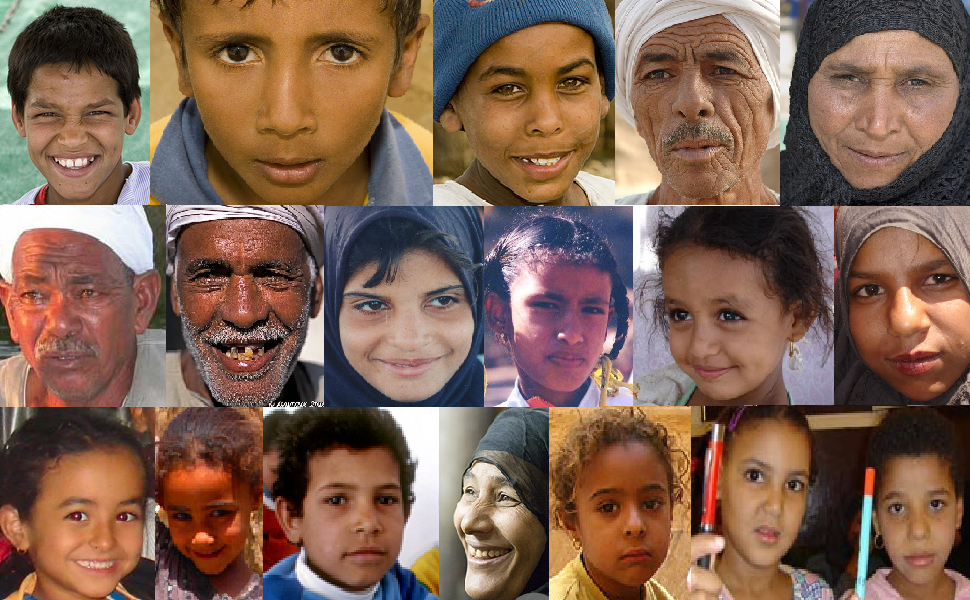
Africa has seven distinct skin tones with lighter brown being often associated with "Arabs" that live in the Middle East ....but as happens unfortunately, all people with the same shade tend to get grouped together politically, racially and geographically.
When people hear that someone is Black, they automatically think that means someone is dark-skinned...due predominately to media representations of what black culture is like and the ways others have often stereotyped things. However, you have many Africans that're light-skinned, as is the case with many in Egypt today and other places.
One can consider those present in Africa on the southern tip, such as
Khoisa people. The term Khoisa is actually a unifying term for two similar groups: the foraging San and pastoral Khoi.One thing you might notice is their surprisingly light skin tone for being a southern African group.
It always depends on which part of Africa one goes to that determines the skin tone they have. Other Africans have been there for a VERY long time.
Others have had white skin/light complexion and yet they were born in Africa. Happens all the time, if aware of groups that are Albino (more
here and
here)--with others suggesting that the movement of Albino Africans into other parts of Europe is a big part of why lighter skin is present there, as well as the climate impacting the skin coloration


__________________
Dark Skin comes from many places - and thus, it's possible that one can be dark - and African - and yet not look like Africans of certain features. On the same token, it's simply possible to be Dark and not come from Africa.
There was a conversation I had once where someone made an ignorant claim that one could tell whether someone had African descent if they had
dark skin since (in their view) the darkest skin comes from Africa....and I though the man was on the far side of the rainbow to even assume such when it comes to seeing differing ethnicities around the world and the ways they don't fit the stereotype.
One can examine very dark skin in a myriad of cultures. In example, there's the issue of Indians of Dark coloration, which is common throughout India...and in line with those who are
Dark South Asians (with dark skin often
looked down upon in Asia and is a big deal over there):[/CENTER]
Additionally, there are the people of Papua New Guinea and the Aboriginal people in Austraila (more
here,
here,
here,
here and
here) and many other places.
Some pics of the Aborigines








